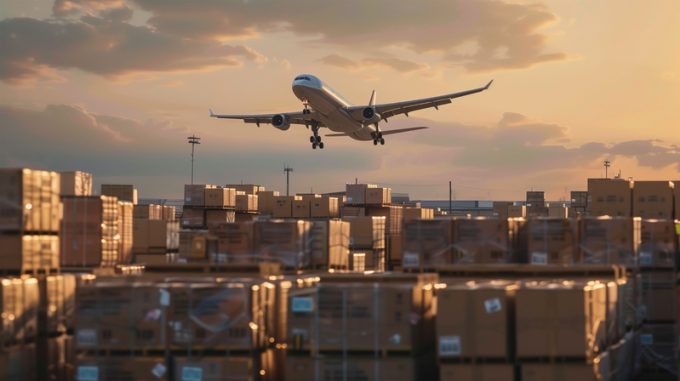Unions renew call for industrial action at France’s biggest box port
Docker and port worker unions at France’s biggest container port, Le Havre, have begun a ...

Forwarders have expressed “growing concerns” over the US port strike, which – given the immutable stance of the ILA, combined with a difficult political situation – could drag on, impacting air cargo.
The key for shippers is alternative means of transport or destinations, with air, road and rail expected to come under pressure as shippers struggle to get goods in the right places.
Many forwarders are looking to air freight as a possible, if only partial, solution.
“In the coming days, demand will ...
Transpacific sees first major MSC blanks as rates fall and volumes falter
'It’s healthy competition' Maersk tells forwarders bidding for same business
Opposition builds for final hearing on US plan to tax Chinese box ship calls
White House confirms automotive tariffs – 'a disaster for the industry'
New price hikes may slow ocean spot rate slide – but for how long?
Supply chain delays expected after earthquake hits Myanmar
Shippers snap up airfreight capacity to US ahead of tariff deadline
Good start for Gemini, liner schedule reliability data reveals

Comment on this article